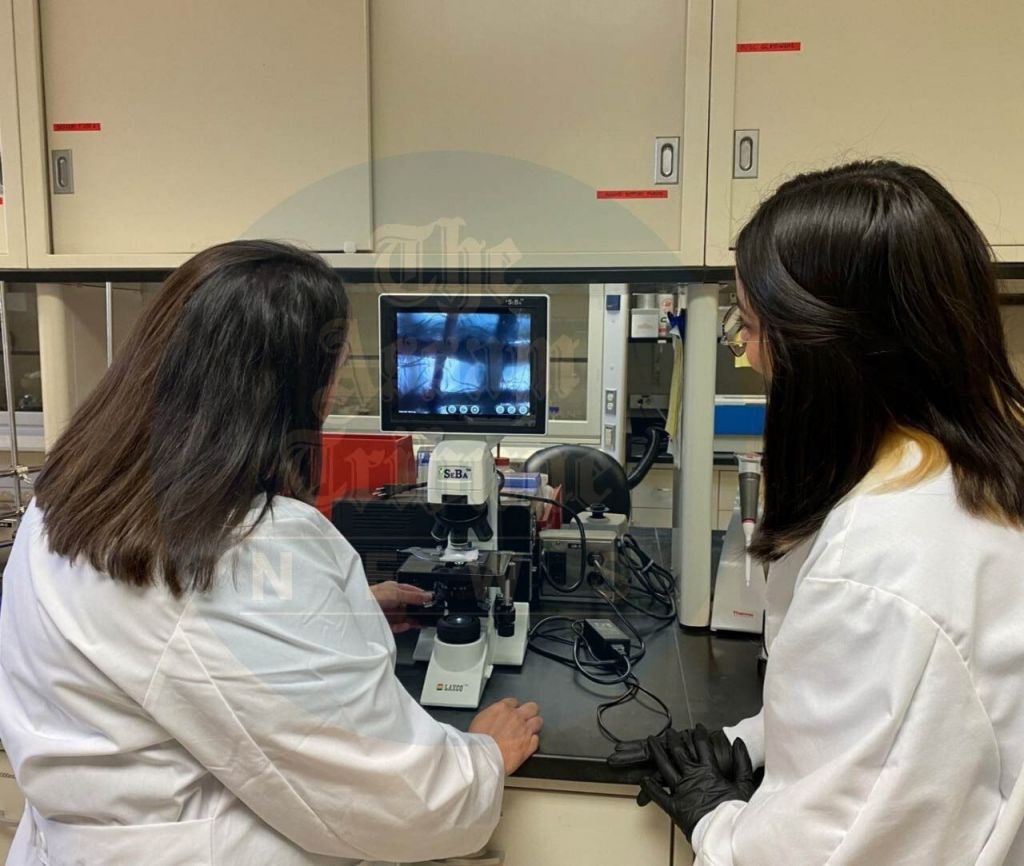
Guwahati, Jan. 24: With an abrupt rise in viscera examination - the examination of bodily fluids and tissues to determine causes of death - by more than 100 per cent in three years, forensic experts at the Directorate of Forensic Sciences are facing 'burnouts' like never before.
Compared to 2022 when the number of viscera examination - a critical tool in criminal investigations that helps to determine if a death was caused by poisoning, drugs, or other toxic substances - conducted at the lab was limited to 1,100 or so, the number in 2024 shot up to almost 2,700. In 2023, the tally stood somewhere near 2,300.
As things stand today, more than 700 cases are still pending at the lab.
With no corresponding increase in resources or manpower, the crisis is thereby also increasing the probability of human error, delays and compromised quality of findings.
"Although the number of cases has increased manifold, the existing facility is struggling to keep up. The lab, which is responsible for much of the Northeast's forensic work, remains locked in a static state, despite mounting workload," a source in the Home department said.
Sources told The Assam Tribune that the forensic reporting officers are currently handling far more cases than they can effectively manage. In additional to that, the lab is also struggling to keep the samples of viscera given the space constraint.
Asked about the reasons behind such an unprecedented surge, sources informed that historically forensic labs were selective about which deaths warranted a viscera examination.
"The tests were done on deaths in suspicious circumstances, suspected poisoning, or unusual pattern of death. However, in recent years, almost all types of deaths are being subjected to viscera testing, regardless of prior assumptions," one of the sources said.
"In each case, we receive four jars including one carrying blood sample of the deceased. If the number of cases reported in a month is taken into consideration, there isn't enough designated space either. The department is somehow managing it," the source said.
At the moment, officers who are already working at maximum capacity are facing burnout as they juggle hundreds of cases, each requiring thorough investigation and detailed documentation. This is against the laid down protocol vis-a-vis workload.
"A delayed toxicology report can derail a criminal investigation, prolong justice, and, in some cases, lead to innocent people remaining incarcerated or, worse, criminals walking free," said a retired director of Forensic Science Laboratory.
At present, apart from Guwahati, three other forensic labs are functional one each in Bongaigaon, Dibrugarh, and Silchar. However, the Dibrugarh lab is yet to equip itself with a toxicology lab.
- By Sanjoy Roy